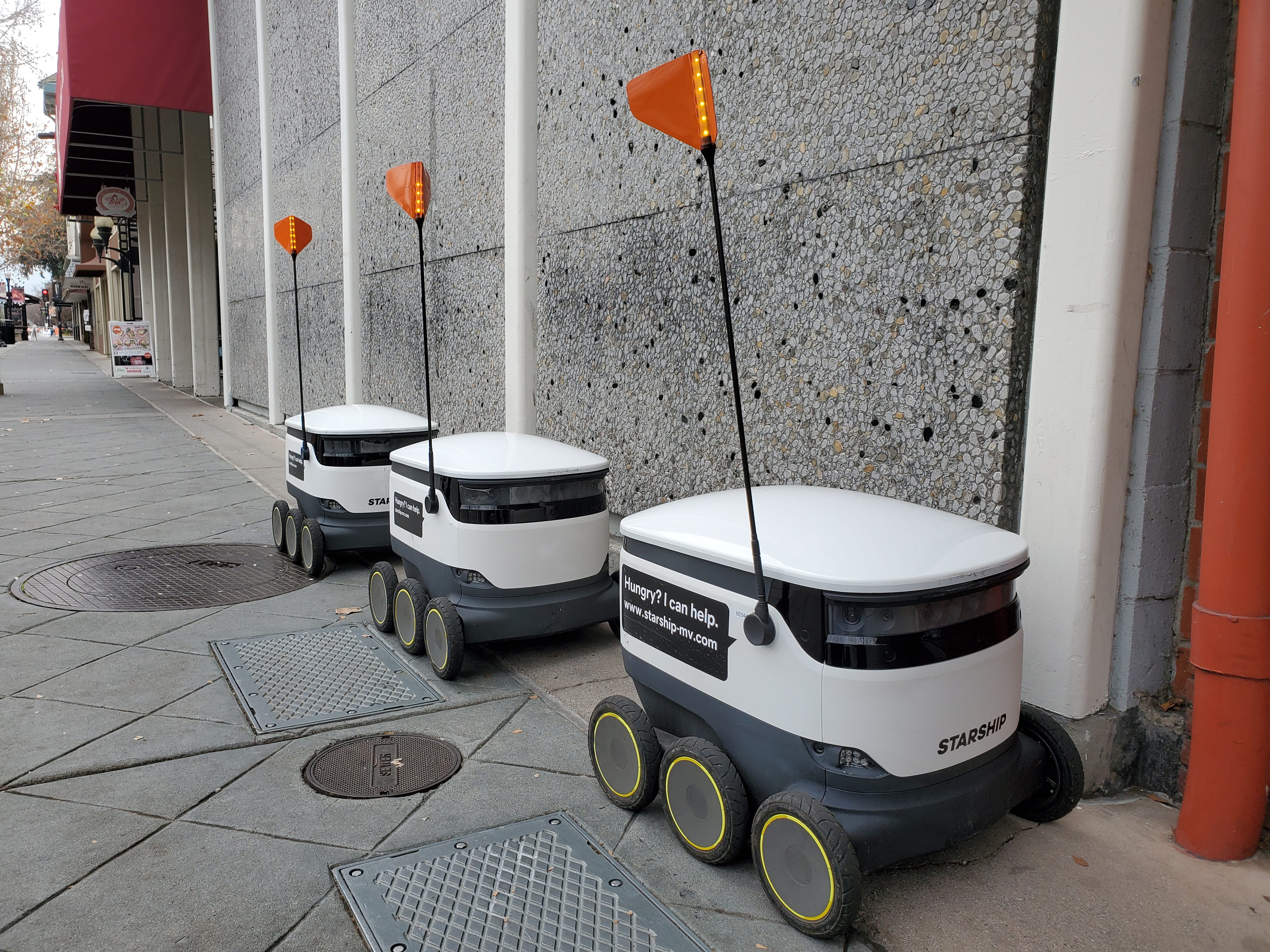It is a truism of industrial capitalism: If a machine can be built that performs a task as well as and cheaper than a human, the machine replaces human labor in almost every case. Starting with the revolution in the British textile industry in the 18th century, mechanical looms and other technologies made many craftspeople unnecessary. This is why the Luddites smashed machines and committed acts of sabotage against technology — they understood that these devices were a threat to their livelihoods.
Automation is a feature — not a bug — of industrial capitalism. So when we discuss automation and artificial intelligence today and think about its effects into the future, we must place this in a larger historical context. Today’s automation is, in many ways, the next chapter of a saga that has been with us since the 18th century; many jobs that we assume only humans can do are being replaced — or threatened with replacement — by intelligent machines.
We are already seeing some of the effects today. Autonomous vehicles threaten the livelihoods of cab drivers and UPS delivery drivers. Amazon fulfillment centers are already highly automated, such that one wonders how long Amazon will continue to hire human workers, especially since those workers are finding it harder and harder to keep up with the machines. The machines also won’t organize into a union, as some Amazon workers are threatening to do. Furthermore, it is bigger than just physical labor: There is a recently formed hedge fund company where all of the stock trades use artificial intelligence — no human stock brokers are involved. According to the company’s founder, if all the humans who work at the company die tomorrow, “it would keep trading.”
Artificial intelligence represents a qualitatively different chapter in this long history of automation. The argument has frequently been made that even as technology displaces some workers, those workers can always find employment in newly created sectors. Industrial laborers could always find work in white-collar positions, for instance, assuming they could retrain for such a shift.
AI threatens even white-collar and cognitive labor. If AI can trade stocks or read medical images or generate artworks, what job will those redundant workers move to next? What will be left for humans to do after AI has displaced us from all other tasks?
It is important to remember that technology will not take away someone’s job: a human being will decide to use technology to replace someone’s job. Pay attention to the decisions being made by companies, their CEOs and HR managers. They are the ones — not AI — that will determine the future of automation. Also look for resistance to and activism against this impulse Might we see a new generation of Luddites sabotaging artificially intelligent machines?
Our society faces the prospect of a “future without work,” although I prefer instead to think of this as a “future without employment.” Work means engaging in mental or physical effort to achieve some purpose; employment means to labor for a paycheck. Even if many forms of employment are eliminated by technology, people will still find ways to satisfy the basic human impulse to work: raising children, tending to gardens, baking bread, writing poetry. Indeed, in the future, work will become indistinguishable from leisure.
I do not believe we can discuss the future of work or employment without also discussing the future of leisure.
I envision two futures.One includes massive social dislocation resulting from widespread technological unemployment. In the absence of social, political and economic interventions, this is a recipe for social revolution.
But another future is one where society has been successfully redesigned, where machines produce wealth and humans are allowed to, well, do whatever they want. Freed from employment, people would be free to work as they please, not as they need.
Leisure is not indolence. We usually define leisure as “free time,” but free from what? Leisure is often ill-defined by what it is not: gainful work. Work can be leisure — when I paint, read, play soccer, write op-eds or prepare dinner for the family. Indolence means avoidance of activity, laziness, but also has connotations of being “unproductive.” Productive for whom? Productive toward what end? In a world where machines are employed to be economically productive, humans would have the leisure to flourish.
David Staley is an associate professor of history at The Ohio State University, a futurist, and host of the podcast “Voices of Excellence in the Arts and Sciences”



